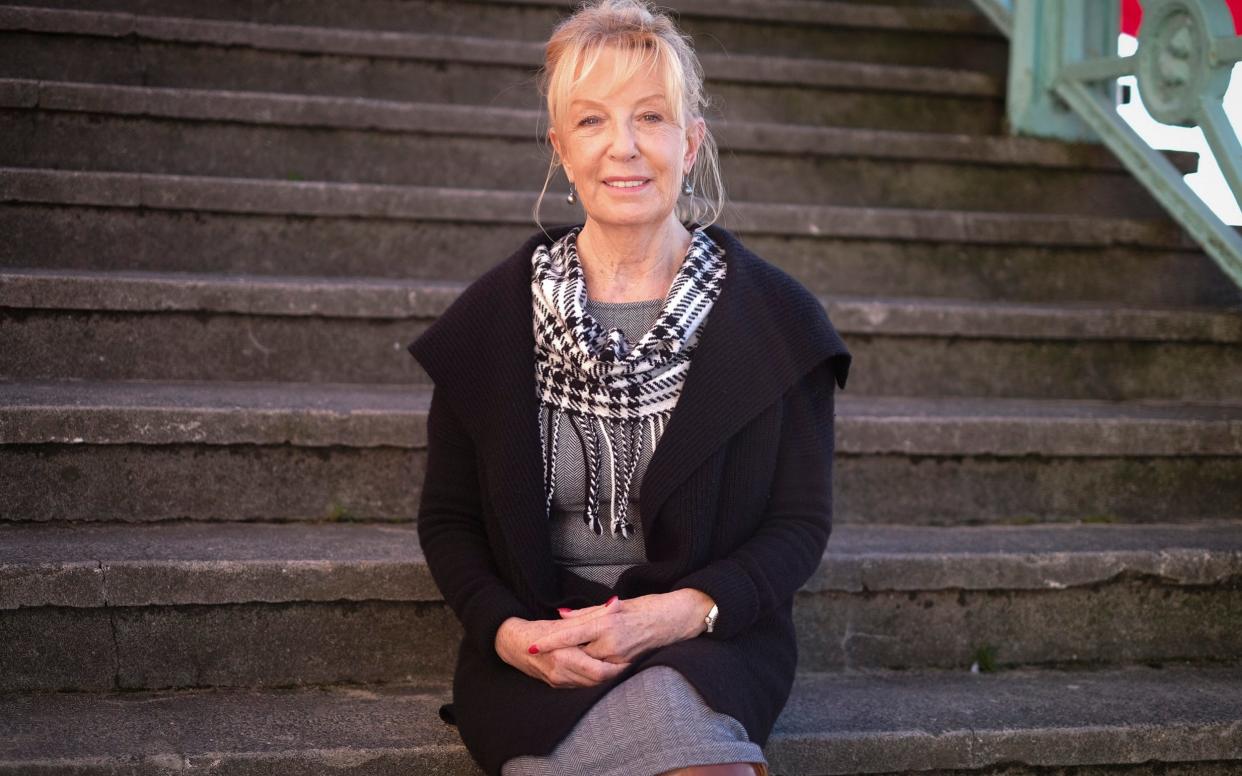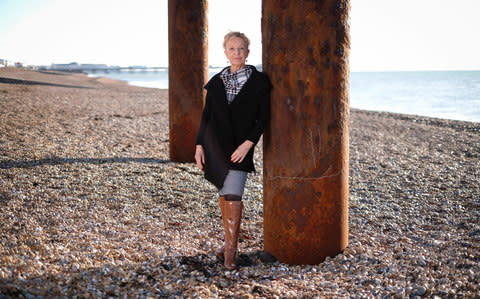Retirement in the modern age: 'Why am I still working at 70?'

"Social media manager” is a job title that didn’t exist until a few years ago and you would probably expect anyone in the role, which typically involves promoting a company and its products on Facebook, Twitter and similar services, to be in their 20s or 30s.
Angela Laws is the social media manager at a company that puts homeowners in touch with house sitters. She is 70 years old.
Mrs Laws wasn’t forced to carry on working to make ends meet, although she said she was glad of the extra income.
But given the decline of generous company pensions and the rise in the state pension age as longevity improves, many other seventysomethings will find themselves still in the workplace.
‘It’s a challenge: I grew up with a pen and a telephone’
Mrs Laws, who lives in Brighton, originally retired when she moved abroad 25 years ago, but when she and her husband moved back to Britain seven years ago she decided to re-enter the world of work.
She said that while her current job at trustedhousesitters.com had some similarities with her previous career in PR and marketing, she had faced a learning curve.
“In some ways I am doing similar things to what I did before, but we are living in a digital age now,” she said. “That’s meant I’ve managed to learn new skills that I definitely wouldn’t have learned if I hadn’t come back to work.
“It was a challenge because I’ve grown up with a pen and a telephone. I could use email and was aware of social media on a personal level, but there were definitely things I needed to learn. But I don’t think it matters what age you are – if you apply yourself you can learn new skills.”

She added: “For me it was a lifestyle choice. It wasn’t a financial necessity, but of course the financial aspect is advantageous.”
Her husband, John, 73, a former petroleum engineer, is fully retired. “The thing about retirement is you don’t know how long it will go on for and you don’t know how long you will be healthy for,” Mrs Laws said.
“My working is allowing us to be even more flexible with our planning.”
Why more of us will have to work into our 70s
Soaring life expectancy is forcing all of us to view retirement differently. Squeezed savings rates have diminished pension returns, putting additional pressures on our years in work, and highlighting the importance of changing careers and retraining.
If it continues to rise at the current rate, babies born this century will have a greater than 50pc chance of living to 105. This means someone wanting to retire in their mid-60s would have to fund a 40-year retirement.
However this is done – via an annuity, living off investment income or gradually running down a savings pot – a very large sum of money would be required. Economists have started to argue that the traditional idea of a “three-phase life” – education, work, retirement – will need to change, with retraining and changes of career coming to the fore.
Many people already work well beyond the traditional retirement age. Almost 15pc of men and 8pc of women over 65, a record number, are currently in employment.
Are older workers discriminated against?
Despite the growing popularity of working beyond the state pension age, discrimination based on age in the workplace appears to be rife. According to the charity Age UK, 65pc of older people believe that it is still common at work.
Employers also seem to favour their younger workers when it comes to training. Almost 40pc of workers in their late 30s and 40s receive regular job-related training, compared with just 18pc of those aged between 50 and retirement age.
But Mrs Laws said older workers should be coveted. “I’m the oldest at my company probably by about 25 years and I have a good relationship with my co-workers,” she said.
“There are things an older worker can offer, in terms of life experience, that a younger worker can’t.”
She said that when her employer switched to Apple computers recently she was reluctant, having become used to a PC. Then, while in California, she visited an Apple store for a tutorial. “The tutor was a grey-haired gentleman who was older than me,” she said. “He was a retired high school head teacher and he was their most popular tutor, because he had that extra experience and could explain things in such an easy way.
“I can do something similar for my company. We are a tech firm, but I tell everyone in the office to do the ‘granny test’: if I don’t understand our messaging then I’m going to tell you our members won’t either.”

